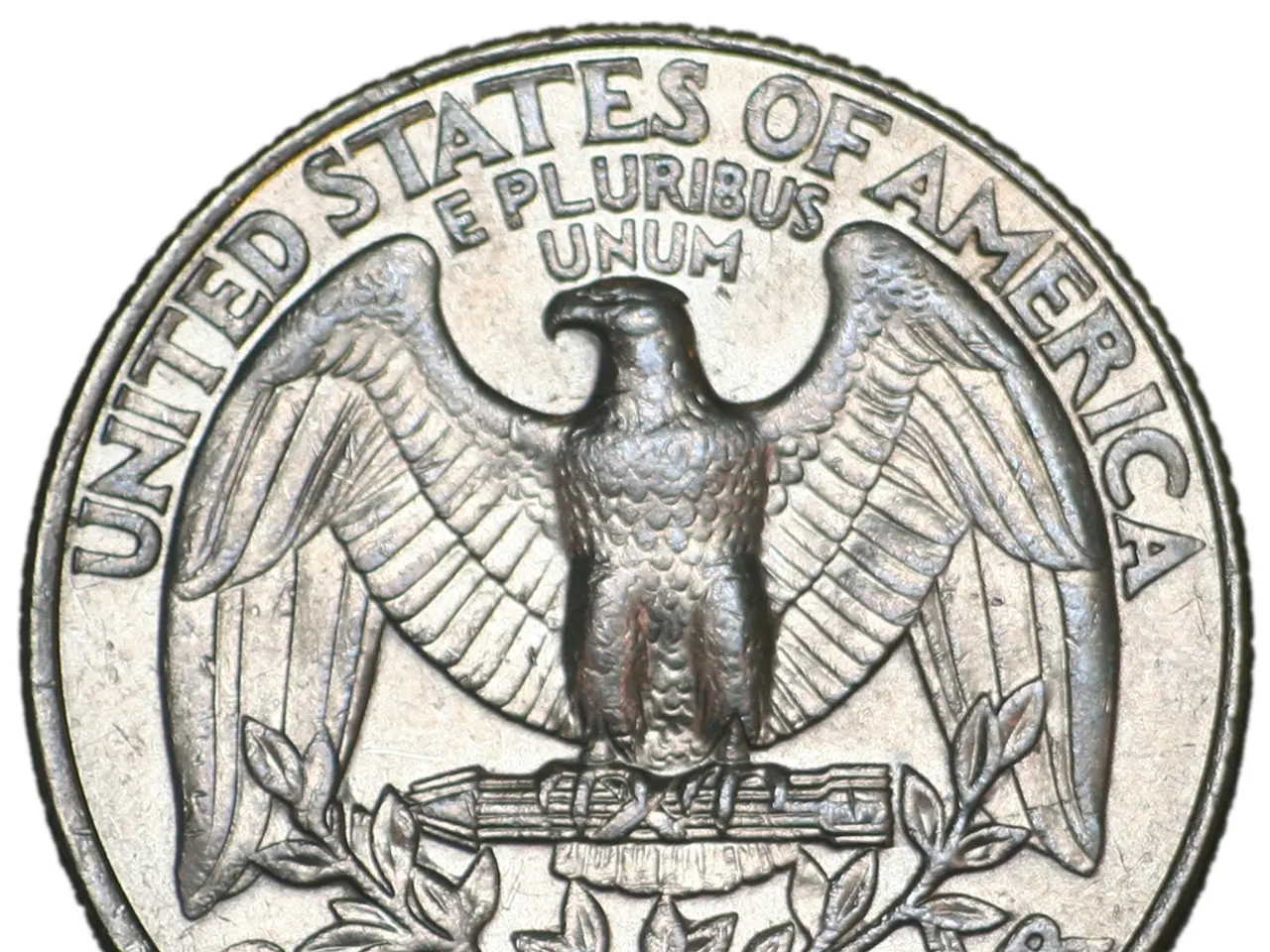Trump Proposes Shift in 401(k) Regulations: Allowing Private Investments in Assets and Cryptocurrencies
The Trump administration is set to revolutionise retirement savings by allowing private assets and cryptocurrency investments in 401(k) plans. This move aims to significantly expand the range of investment options available to everyday investors, offering greater diversification but also higher risks and volatility.
Greater Investment Diversification
Currently, 401(k) plans primarily focus on publicly traded stocks and bonds. The inclusion of private assets like private equity, venture capital, real estate, hedge funds, and cryptocurrencies gives investors access to broader asset classes, which could potentially lead to better long-term returns.
Increased Exposure to Volatility and Liquidity Risks
Cryptocurrencies and private equity are often highly volatile and less liquid than traditional stocks and bonds. This means their values can fluctuate widely, and it may be harder to sell these assets quickly or know their exact worth at any time. This uncertainty could introduce challenges for individuals relying on these savings for retirement security.
Regulatory and Fiduciary Protections
The administration’s plan includes developing regulatory guidance and fiduciary protections aimed at safeguarding investors and shielding plan sponsors from liability. This is intended to encourage adoption while ensuring responsible management of these new investment options within retirement plans.
Potential to Mainstream Crypto and Private Assets in Retirement Savings
By integrating digital assets like cryptocurrencies and private equity into 401(k)s, the policy could accelerate crypto adoption and modernise retirement investing to better reflect evolving market trends and investor preferences. It may also unlock billions of retirement dollars for private markets and crypto, influencing these sectors strongly.
Broader Economic and Financial Implications
This move aligns with efforts to position the U.S. as a hub for crypto innovation and alternative asset growth, supported by complementary legislation on stablecoins and crypto regulations signed by Trump. It reflects a shift toward embracing emerging financial technologies within mainstream finance.
Considerations for Investors
Everyday investors could gain access to potentially lucrative, more diversified portfolios, but they must be prepared for greater investment complexity, volatility, and risks to retirement security. The success and safety of this initiative will depend heavily on detailed regulatory frameworks and investor education as the policy rolls out.
It's important to couple more access with a firm focus on fiduciary responsibility and the best interest of the client to avoid potential detrimental effects on retirement savings. There could be a scarcity of quality private asset investment vehicles if they become popular in 401(k)s, increasing risk for 401(k) investors.
Sarah Gaymon, CPA, director of tax services at Berkowitz Pollack Brant Advisors + CPAs, states that there will be more access, fewer limitations, and more options available for individuals within 401(k) structures. Proponents of including private assets in 401(k)s argue it brings much-needed diversification to defined contribution plans beyond stocks and bonds.
The president's Department of Labor (DOL) has rescinded a 2022 Biden-era guidance calling on plan sponsors to use "extreme care" when considering crypto investments. Trump is expected to sign an executive order directing the Labor Department and the Securities and Exchange Commission to issue guidance allowing employers and plan sponsors to include private assets in 401(k) plans.
[1] InvestmentNews [2] Forbes [3] CoinDesk [4] Kiplinger [5] Bloomberg
- This policy could lead to an increased interest in cryptocurrencies, making them more mainstream in the retirement savings landscape.
- As the range of investment options expands, individuals might find themselves managing a more complex mix of assets, includingDefi, technology, venture capital, personal-finance, and lifestyle-related investments.
- Cybersecurity concerns are bound to arise with the introduction of cryptocurrencies, requiring a heightened focus on protecting digital assets in 401(k) plans.
- The rise of Fashion-and-beauty and Food-and-drink ventures in the startup world might see venture capital funds attracting investors through retirement savings vehicles.
- Education-and-self-development courses focused on cryptocurrency and retirement investing could become increasingly popular as people seek to navigate this new financial landscape.
- Investing in private equities and real estate can provide a degree of wealth management, offering long-term growth prospects and potential tax benefits.
- Strong relationships with financial advisors will become crucial for individuals navigating the nuances of investing in private assets within retirement plans.
- Understanding the various investment opportunities, risks, and regulations involved will be essential for making informed decisions that safeguard and grow personal wealth within retirement accounts.




